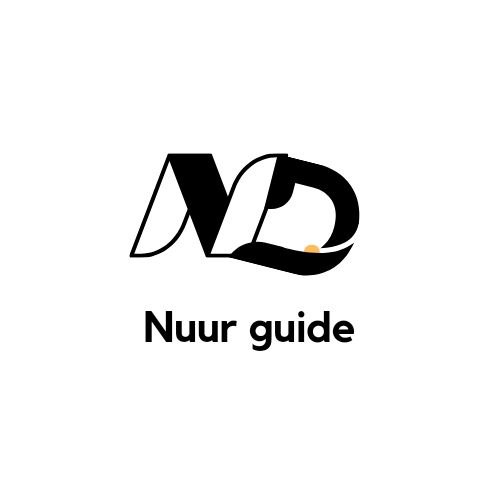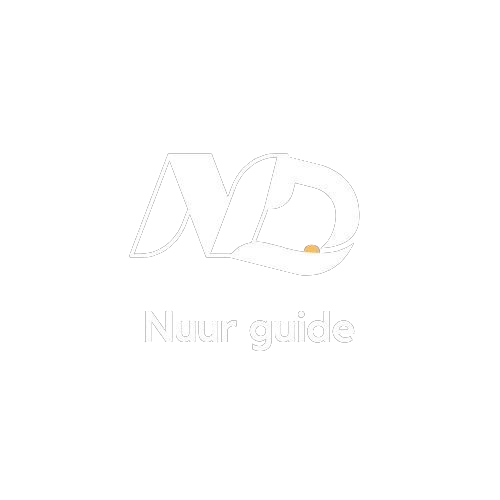In the fast-paced world of business, marketing is the ultimate game-changer. It’s the bridge between your product and your audience, the spark that ignites interest, and the strategy that drives sales. But with so many types of marketing out there, how do you know which one is right for your business? Let’s explore the diverse landscape of marketing, complete with real-world examples and the unique advantages each type offers.
1. Content Marketing: The Knowledge Distributor
Example: Moz’s SEO Blog
Moz, a company specializing in search engine optimization (SEO) tools, excels in content marketing through their comprehensive blog. They provide actionable insights, tutorials, and industry news that attract a dedicated following of marketers and SEO professionals.

Advantage: Authority and Trust
By consistently delivering valuable content, Moz has established itself as an authority in SEO. Content marketing builds trust and positions your brand as a go-to resource, which can lead to increased customer loyalty and higher conversion rates.
2. Social Media Marketing: The Viral Sensation
Example: Oreo’s “Dunk in the Dark” Tweet
During the 2013 Super Bowl blackout, Oreo seized the moment with a clever tweet: “You can still dunk in the dark.” The tweet went viral, showcasing Oreo’s quick wit and relevance.
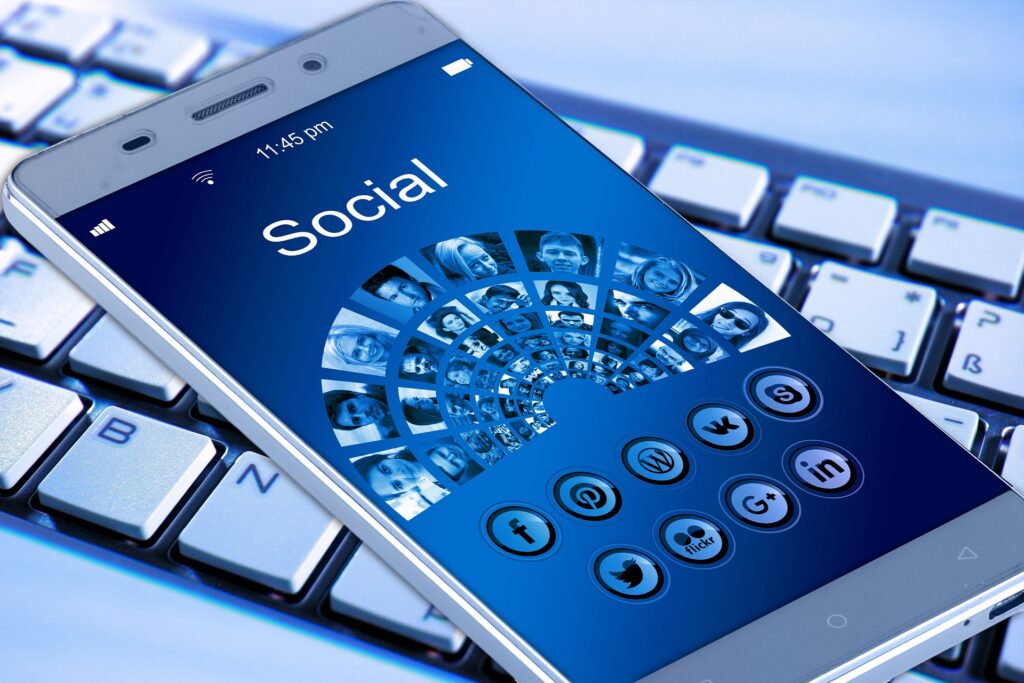
Advantage: Real-Time Engagement
Social media marketing allows brands to interact with their audience in real-time. It’s perfect for building community, engaging with customers, and creating buzz. The immediacy and shareability of social media content can lead to widespread visibility and brand loyalty.
3. Influencer Marketing: The Star Power
Example: Glossier and Beauty Influencers
Beauty brand Glossier leverages influencer marketing by collaborating with beauty bloggers and Instagram personalities. These influencers share their genuine experiences with Glossier products, reaching millions of followers.

influencer marketing
Advantage: Authentic Reach
Influencer marketing taps into the trust and authenticity of influencers. Their endorsements feel more genuine than traditional ads, making followers more likely to try the products. This type of marketing can significantly expand your reach and enhance brand credibility.
4. Email Marketing: The Personal Touch
Example: BuzzFeed’s Curated Newsletters
BuzzFeed’s email newsletters are a hit because they’re personalized and packed with engaging content. From quizzes to trending articles, their emails keep readers coming back for more.
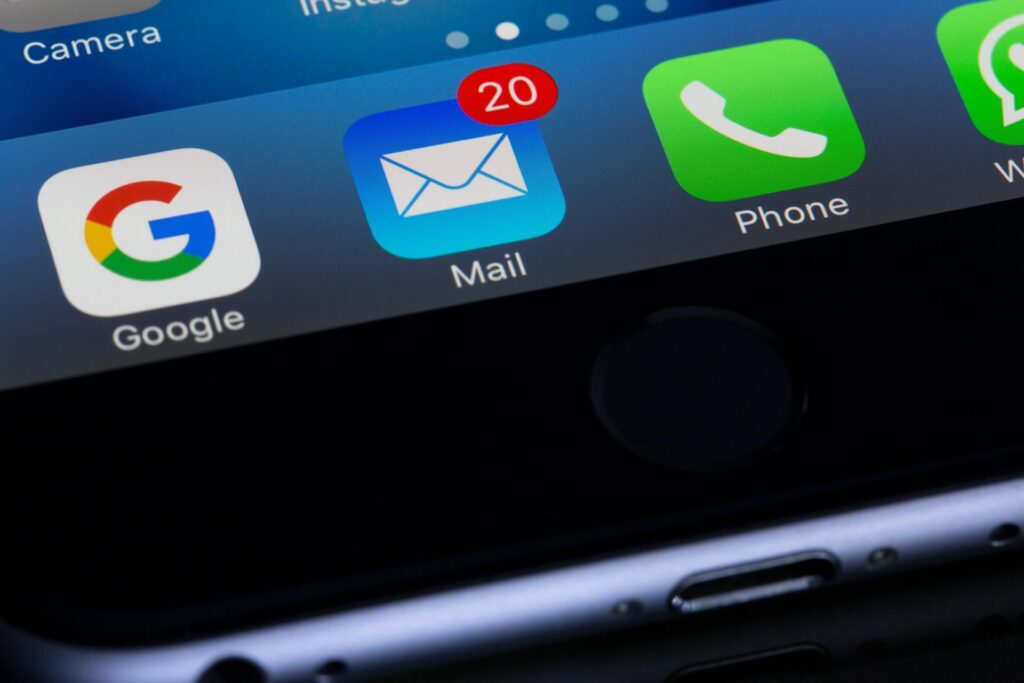
Advantage: Direct Connection
Email marketing provides a direct line to your audience. Personalized emails can increase engagement, drive traffic, and boost sales. It’s a cost-effective way to maintain customer relationships and nurture leads.
5. Search Engine Optimization (SEO): The Visibility Booster
Example: Backlinko’s SEO Strategies
Backlinko, an SEO training company, practices what it preaches by optimizing its own site to rank high in search engine results. Their strategic use of keywords and high-quality content ensures they stay visible to those searching for SEO advice.
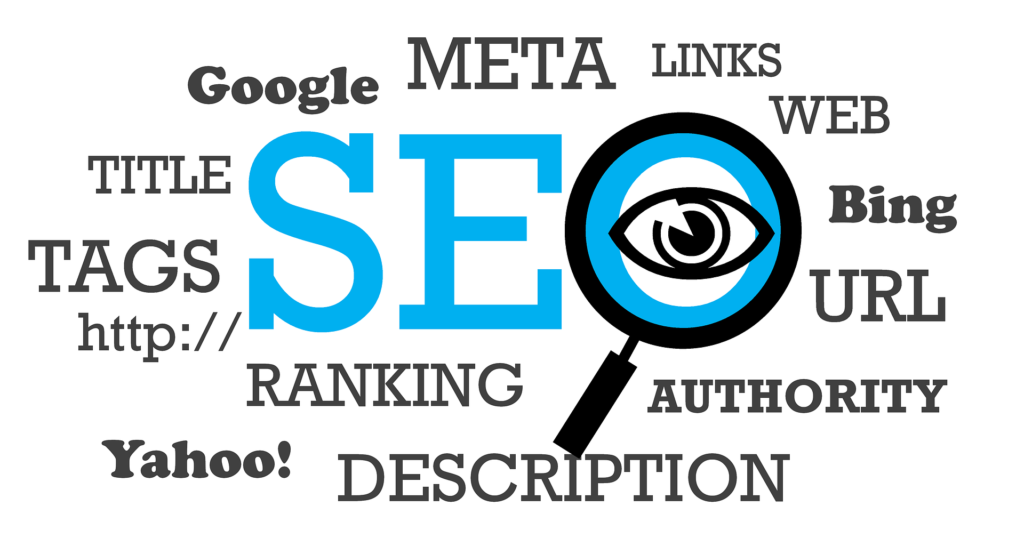
Advantage: Organic Traffic
SEO improves your website’s visibility on search engines, leading to increased organic traffic. It’s a long-term strategy that builds credibility and trust with your audience, as high-ranking pages are often perceived as more authoritative.
6. Pay-Per-Click (PPC) Advertising: The Instant Traffic
Example: Google Ads for eCommerce
eCommerce businesses often use Google Ads to appear at the top of search results for relevant keywords. This strategy drives immediate traffic to their websites, which can quickly convert into sales.

Pay per click
Advantage: Immediate Results
PPC advertising delivers instant visibility and traffic. You only pay when someone clicks on your ad, making it a cost-effective way to reach potential customers quickly. It’s ideal for promotions, product launches, and driving immediate action.
7. Event Marketing: The Experience Creator
Example: Apple’s Product Launch Events
Apple’s product launch events are legendary. They create a buzz and anticipation that extends far beyond the event itself. These launches are not just about showcasing new products but also about reinforcing Apple’s brand identity.

Advantage: Memorable Engagement
Event marketing creates memorable experiences that can leave a lasting impression on attendees. It allows for direct interaction with your audience, fostering a deeper connection. Events can also generate significant media coverage and social media buzz.
Conclusion
Marketing is not a one-size-fits-all endeavor. Each type of marketing offers unique advantages that can help your business thrive. Whether you’re building authority through content marketing, engaging with audiences on social media, leveraging the authenticity of influencers, or driving traffic with SEO and PPC, there’s a strategy that can align with your goals and audience.
The key is to understand the strengths of each type and how they can work together to create a comprehensive marketing plan. So, what’s your next marketing move? Remember, the best marketing strategy is one that’s as dynamic and multifaceted as your business.
